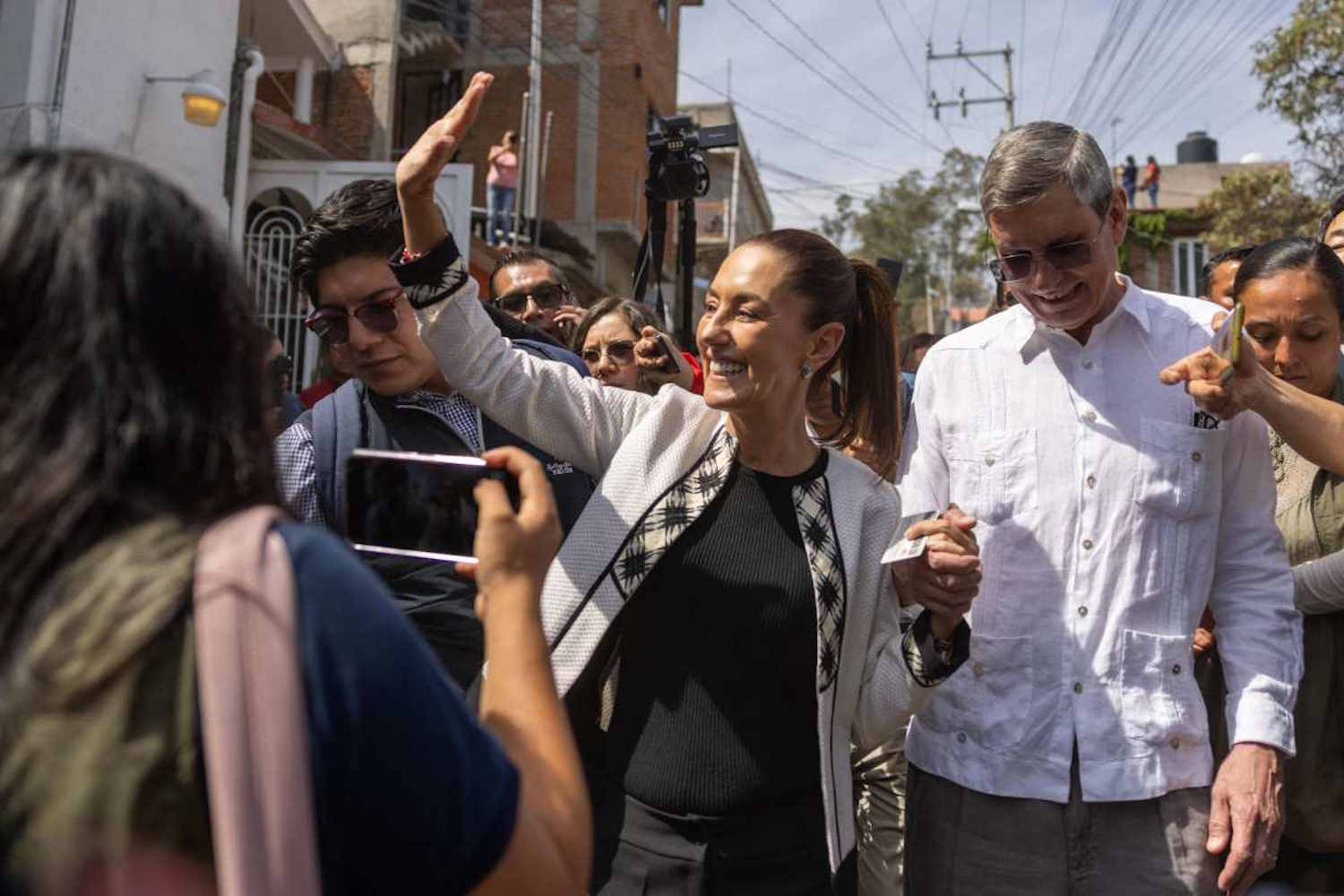Today marks the International Day for the Eradication of Poverty and from Mexico comes a concrete lesson in social justice (even though the road is still very long)

Today, October 17th, marks the International Day for the Eradication of Poverty, a moment to reflect on how inequality continues to dig deep trenches between those who have too much and those who don’t have enough. And while social policies struggle in many countries around the world, news from Mexico lights a spark of concrete hope: poverty can truly be reduced, and it can be done by raising wages, not cutting rights.
Over the past six years, between 2018 and 2024, more than 13 million Mexicans have improved their living conditions, bringing the poverty rate down from 42% to 29.6% of the population. This historic achievement didn’t happen by chance, but through a clear political choice: doubling the minimum wage and strengthening worker protections.
Under the presidency of Andrés Manuel López Obrador (AMLO) and now Claudia Sheinbaum, just over a year since her inauguration as Mexico’s first female president, the country has bet everything on a simple yet revolutionary idea: work dignity is the first step to defeating poverty. The minimum wage has more than doubled—from $4.75 to $15 per hour—and in the border zone with the United States, it has even tripled.
But the road is still long
Specifically, while Mexico has one of the world’s highest income inequality rates (according to 2022 data from the World Inequality Lab) and in 2022 also had the lowest tax-to-GDP ratio in the OECD and one of the lowest in Latin America and the Caribbean, the poverty rate decreased under López Obrador’s presidency, from 41.9% in 2018 to 36.3% in 2022, according to the official poverty analysis agency.
However, it must be noted that extreme poverty remained unchanged and the number of people without access to healthcare more than doubled. The government and independent analysts have pointed to a sharp increase in minimum wage and a near doubling of remittances from Mexicans abroad as factors contributing to the poverty decline.
The result? At least a reversal of neoliberal logic that for years portrayed minimum wage as a danger to the economy.
Of course, the road ahead is still long. Among Mexicans, inequalities remain deep, especially in rural areas where access to essential services is still scarce. But the Mexican lesson is clear: fighting poverty doesn’t come through handouts and bonuses, but through stable work, fair wages and courageous policies.
And on this International Day, perhaps we too, on this side of the world, should ask ourselves what value we place on work and how much we’re willing to invest in people’s dignity. Because poverty isn’t erased with promises, but with social justice.
Sources: World Inequality Lab / OECD / Coneval / Comisión Nacional de los Salarios Mínimos
